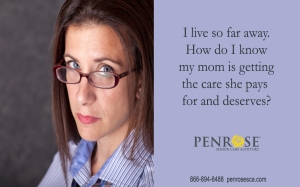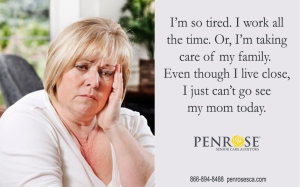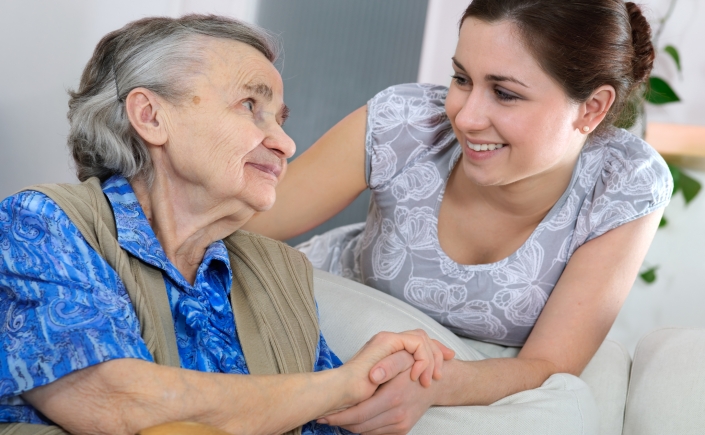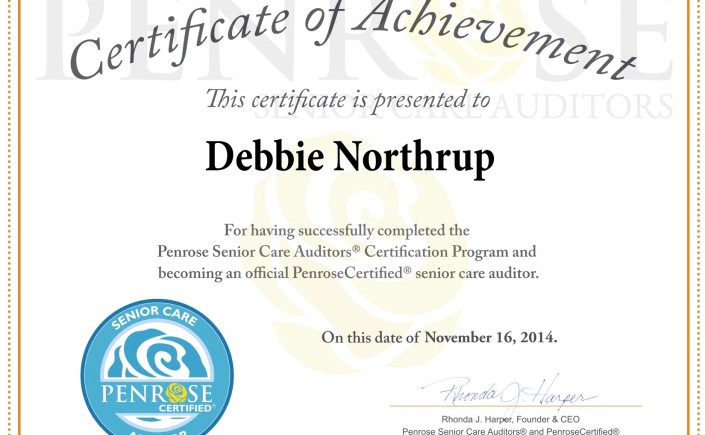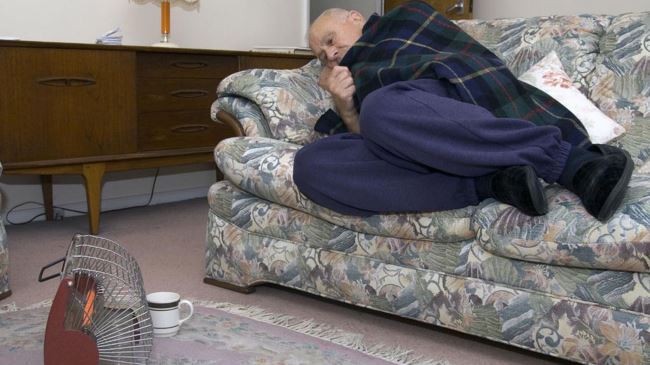 Sometimes it’s easier just not to think about it
Sometimes it’s easier just not to think about it
Ok. So, you spent an incredible number of hours doing research – reading reviews, counting stars, and typing your fingers raw on Google. You narrowed it down to five potential senior care communities.
You dedicated a full Saturday day off going from place to place. Meeting the perky community director who showed you the “model apartment,” provided the great cup of executive coffee, and walked you through the tour route where they know every body’s name. They waxed eloquently about the activities especially designed to encourage memory and social development (should you senior be the outgoing type), the delightful outings (when the bus runs), and, of course, the meals that would make your mouth water.
Days of packing, emotional reactions to the inevitable move, and stressed moving days came and went. You really made yourself and your loved-one believe that this was actually a good thing. That they would love it here, and that you’d be able to relax and get part of your life back.
But really, do you know how they are doing? Do you ignore the statistics? Fifty percent of senior care community caregivers admit to abusing those in their care. Ninety-five percent of residents state that they have been abused, or they have seen another abused.
Who has the time to go through all of this again?
“We know what some our clients have been through, and going through,” says Rhonda Harper, CEO of Penrose Senior Care Auditors. “It’s difficult no matter how you cut it. That’s why I founded Penrose Senior Care Auditors. Our clients have done their best to find the right place for their loved-ones. Now it’s our turn to ensure that the senior, and the family, receive the care they have paid for and that they deserve.”

